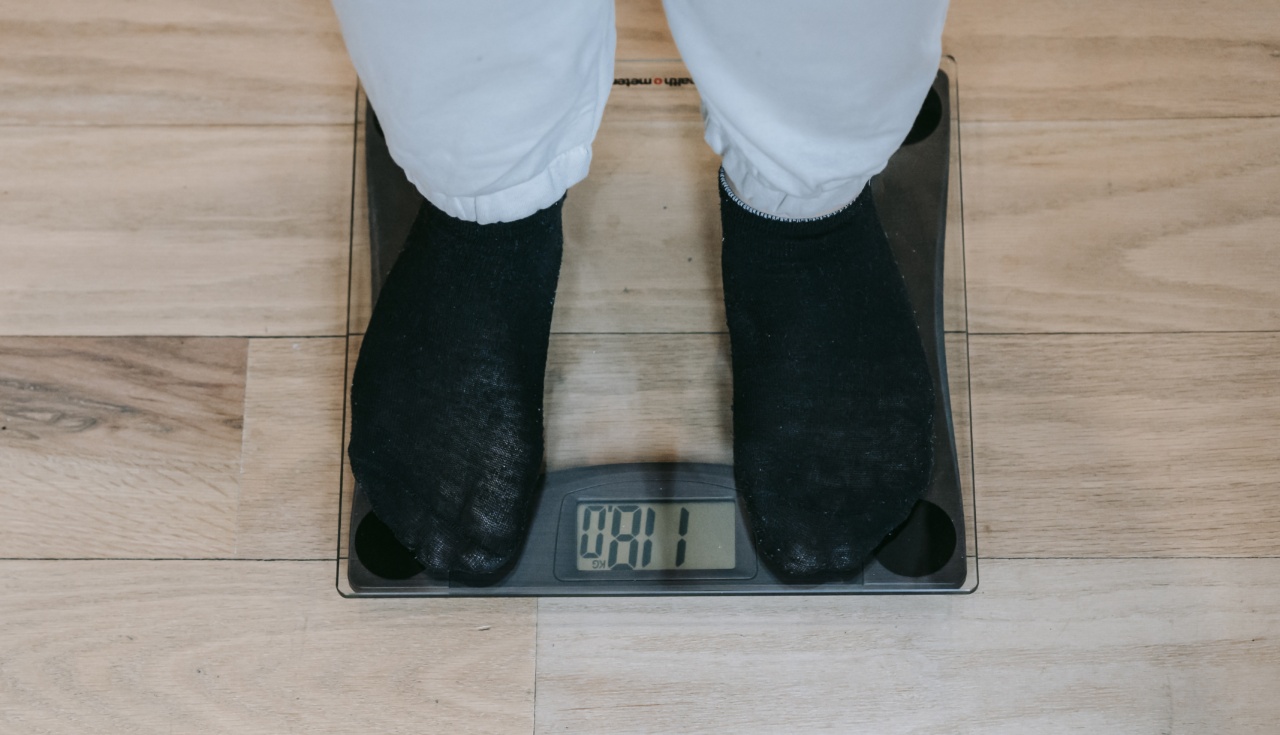Many people struggle with achieving their ideal body weight. However, it does not need to be such a difficult task. With a few modifications to your diet and lifestyle, you can achieve the body weight you desire.
Here are some tips on how to achieve your ideal body weight through diet:.
1. Eat a Balanced Diet
Eating a balanced diet is the key to achieving and maintaining your ideal body weight. A balanced diet should include plenty of fruits, vegetables, whole grains, and lean proteins.
These foods provide the necessary vitamins, minerals, and nutrients needed to maintain good health.
Moreover, a balanced diet helps to ensure that you are consuming the appropriate amount of calories for your body to function correctly.
Consuming too many calories can lead to weight gain, while consuming too few calories can lead to malnutrition and health problems.
2. Watch Your Portion Sizes
Portion sizes play a significant role in achieving your ideal body weight. Consuming larger portions than recommended can lead to weight gain, while eating smaller portions will assist in shedding some pounds.
You can use measuring cups, kitchen scales, and other tools to regulate your portion sizes.
Furthermore, it would help if you learned to control your portions when eating out. Restaurants typically serve large portions, so it would benefit you to take part of your meal home or share it with a friend.
3. Avoid Processed Foods
Processed foods are high in calories, unhealthy fats, sugar, and salt. These foods provide empty calories with no nutritional value, which can lead to weight gain and health problems.
Instead of consuming processed foods, opt for whole foods, which are nutrient-dense and low in calories.
Also, it’s essential to read food labels when buying groceries to avoid buying processed foods. Stick to whole foods and whole-food-based ingredients to ensure that you are consuming the right nutrients.
4. Reduce Sugar and Salt Intake
Excessive sugar and salt intake are associated with many health problems, from heart disease to obesity.
Eating too much sugar leads to weight gain, while consuming too much salt can lead to high blood pressure, stroke, and other cardiovascular diseases.
To reduce your sugar and salt intake, avoid sugary drinks, desserts, and snacks. Replace them with healthier options such as fruits, nuts, and vegetables. Instead of adding salt to your meals, opt for herbs, spices, and other natural flavorings.
5. Drink Enough Water
Drinking enough water is essential for good health. Water helps to regulate body temperature, transport nutrients, and flush out toxins. Furthermore, drinking water can help you lose weight by reducing your appetite.
It’s recommended that you drink at least 8-10 glasses of water per day. Drinking water before meals can help you feel fuller and prevent overeating, which is a significant cause of weight gain.
6. Eat More Fiber
Fiber is an essential nutrient that plays a crucial role in weight management. Eating fiber-rich foods helps to regulate appetite and promote satiety, which reduces your overall calorie intake.
Fiber also helps to regulate blood sugar levels, which prevents insulin spikes and crashes that can lead to weight gain.
Good sources of fiber include fruits, vegetables, whole grains, and legumes. Aim to consume at least 25-30 grams of fiber per day to help you achieve your ideal body weight.
7. Limit Alcohol Intake
Alcohol consumption is also associated with weight gain. Alcohol is high in calories and can lead to overeating. Moreover, alcohol intake can also hinder weight loss, as the body burns alcohol before burning fat.
If you choose to drink alcohol, it’s recommended that you limit your intake to one drink per day for women and two drinks per day for men.
8. Exercise Regularly
While diet plays a significant role in achieving and maintaining your ideal body weight, exercise is also crucial. Exercise helps to burn calories, build lean muscle mass, and boost metabolism.
Try to exercise for at least 30 minutes per day at least five times a week. Mix it up with cardio and strength-training exercises to get the maximum benefits.
9. Get Enough Sleep
Sleep plays an essential role in maintaining optimal health. Lack of sleep is associated with weight gain and obesity.
When you lack sleep, your body produces more ghrelin, the hormone that stimulates appetite, and less leptin, the hormone that suppresses appetite.
It’s recommended that you get between 7-9 hours of sleep per night. Furthermore, try to establish a consistent sleep routine to ensure that you get enough sleep each night.
10. Seek Support
The journey to achieving your ideal body weight can be challenging and overwhelming. Therefore, it can be helpful to seek support from friends, family, or a professional.
You can join a weight-loss support group, seek help from a dietitian or nutritionist, or consult a fitness trainer. Support from others can help you stay motivated, accountable, and reach your goals.






























